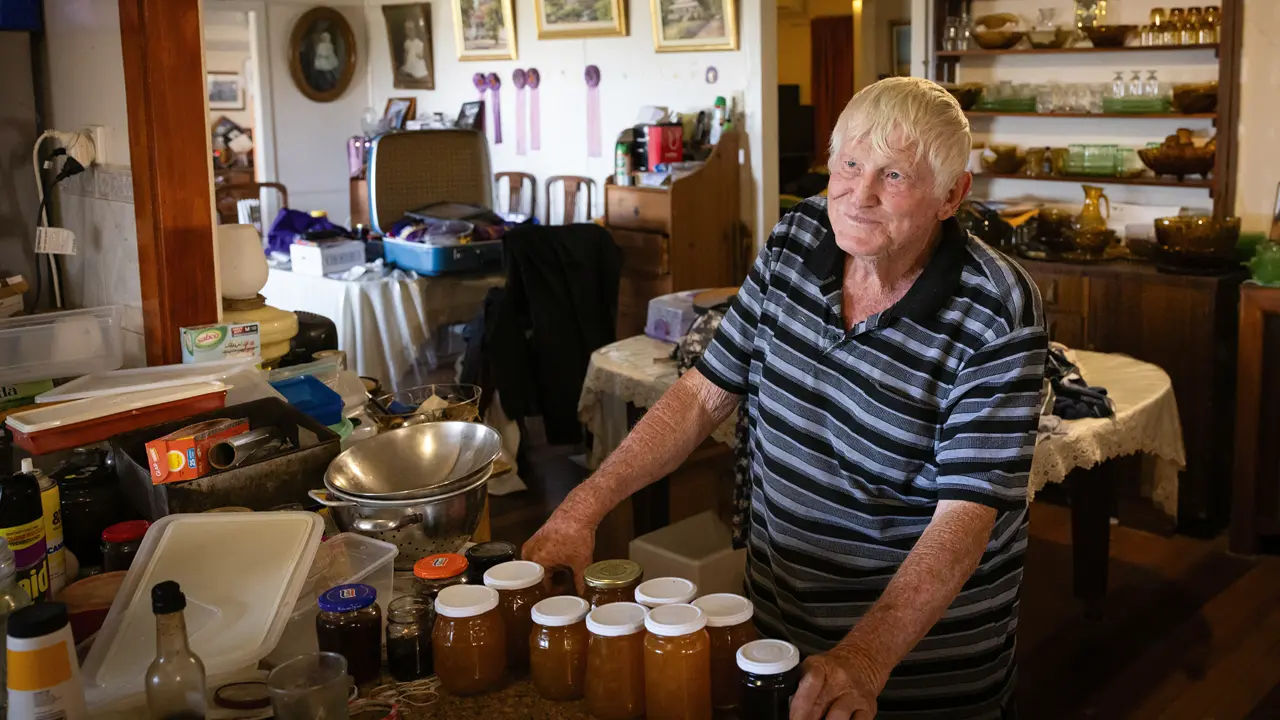Rural pilots have joined the legions of people who help remote patients get to medical appointments anywhere in the country.
Story By John Dunn
Marian Jowitt is an angel. She is a pilot who lives in Armidale in New England, NSW. Glen Smith, a farmer running properties on both sides of the New South Wales–Queensland border, not far from Goondiwindi, is also an angel. So is Barrie Aarons, a retired surgeon from Hamilton in Victoria’s Western District; Susan Chase, the managing director of an electric supply company at Cowell on the Eyre Peninsula, SA; and Greg Rutherford, a grain grower from Bruce Rock in the Western Australian wheat belt.
They are some of the thousands of Angel Flight pilots scattered throughout Australia who provide free medical transport for those who need help to get from their remote homes to faraway medical treatment. It doesn’t matter what the reason is – inability to cope with long road journeys, the cost, or lack of family support – Angel Flight coordinates and operates this free service, funded by donations from individuals, clubs, companies and deceased estates. Donated funds are used predominately for fuel, with about 15 percent of revenue spent on administrative overheads, such as rent and telephones.
Angel Flight was conceived by Bill Bristow, managing director and chairman of BCM Partnership, Queensland’s biggest advertising agency. While working in the US in the late 1990s he became fascinated with charity flying and how it was making such a difference to the lives of thousands of people who required medical treatment but lived a long way from where it was available.
“I am a pilot and while I was there I did a lot of flying with people who introduced me to this concept,” he says. “They were able to fly – their greatest love – and at the same time help people who had medical problems and were going through hard times. I realised Australia badly needed a similar service. With about 30 percent of our population living outside metropolitan areas, a very large number of people do not have easy access to major hospitals and treatment centres.
I decided I wanted to do something about it and I returned home with a new sense of purpose.”
So, in 2003, Bill set about establishing an Angel Flight charity here, identical in name and method to the US operation. He began recruiting pilots who were willing to donate their time to fly those needing attention to doctors, hospitals and clinics, and then fly them home again. The aircraft don’t carry medical staff or medical equipment because their function is solely transport.
This story excerpt is from Issue #76
Outback Magazine: Apr/May 2011









